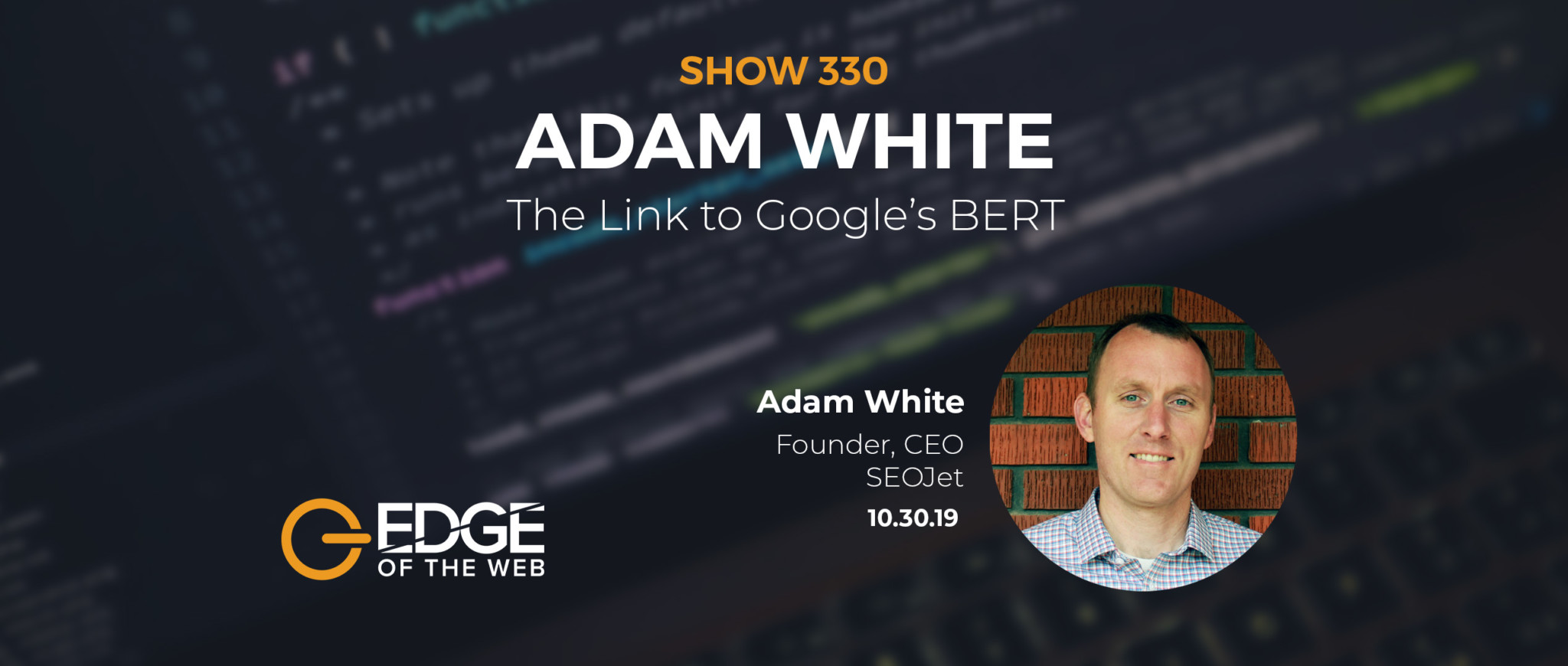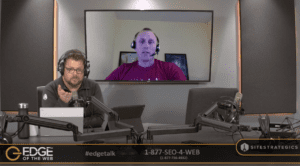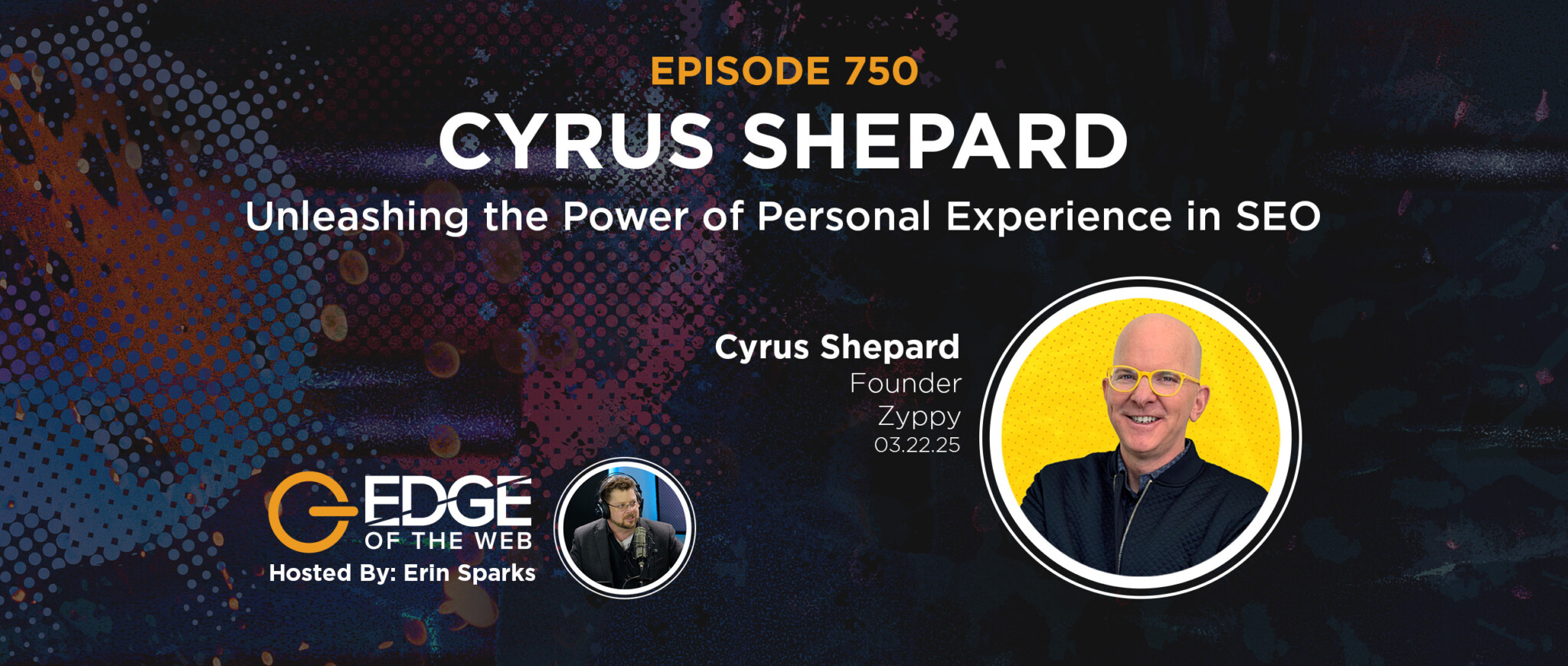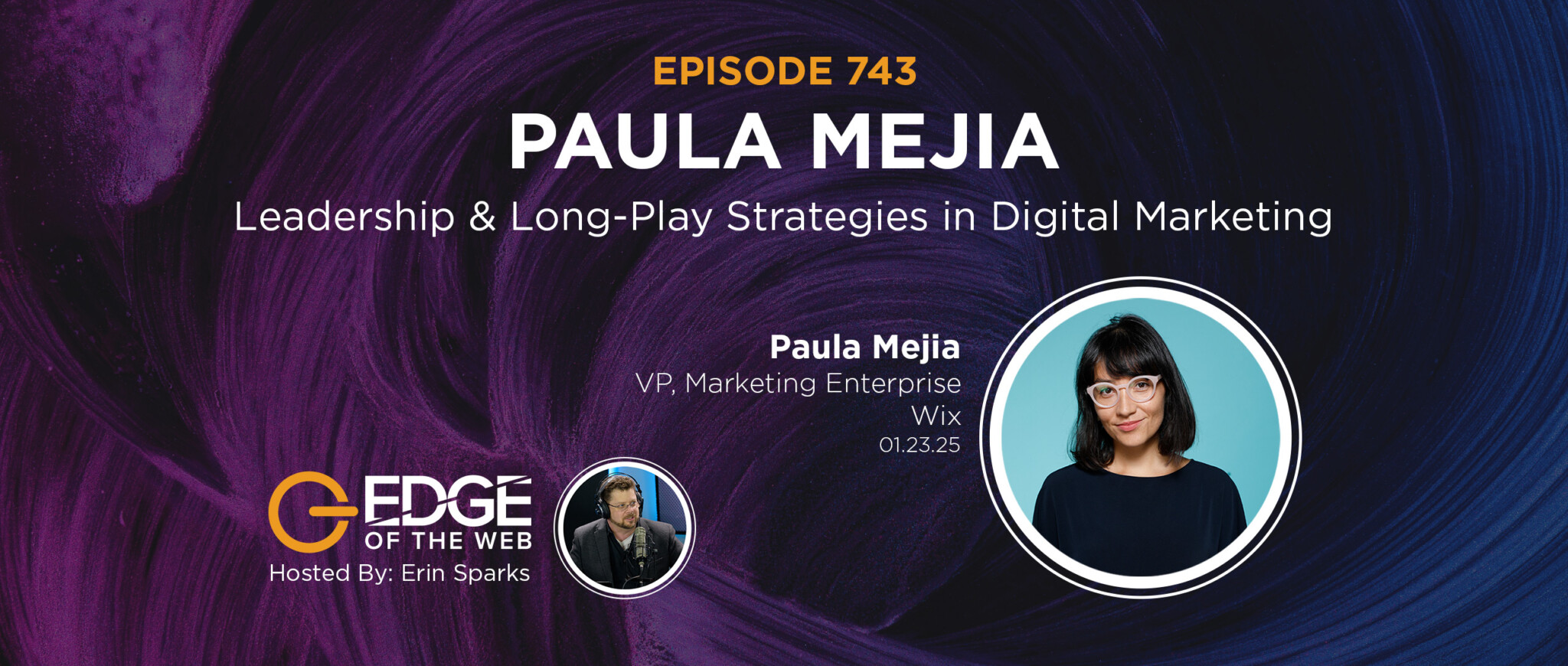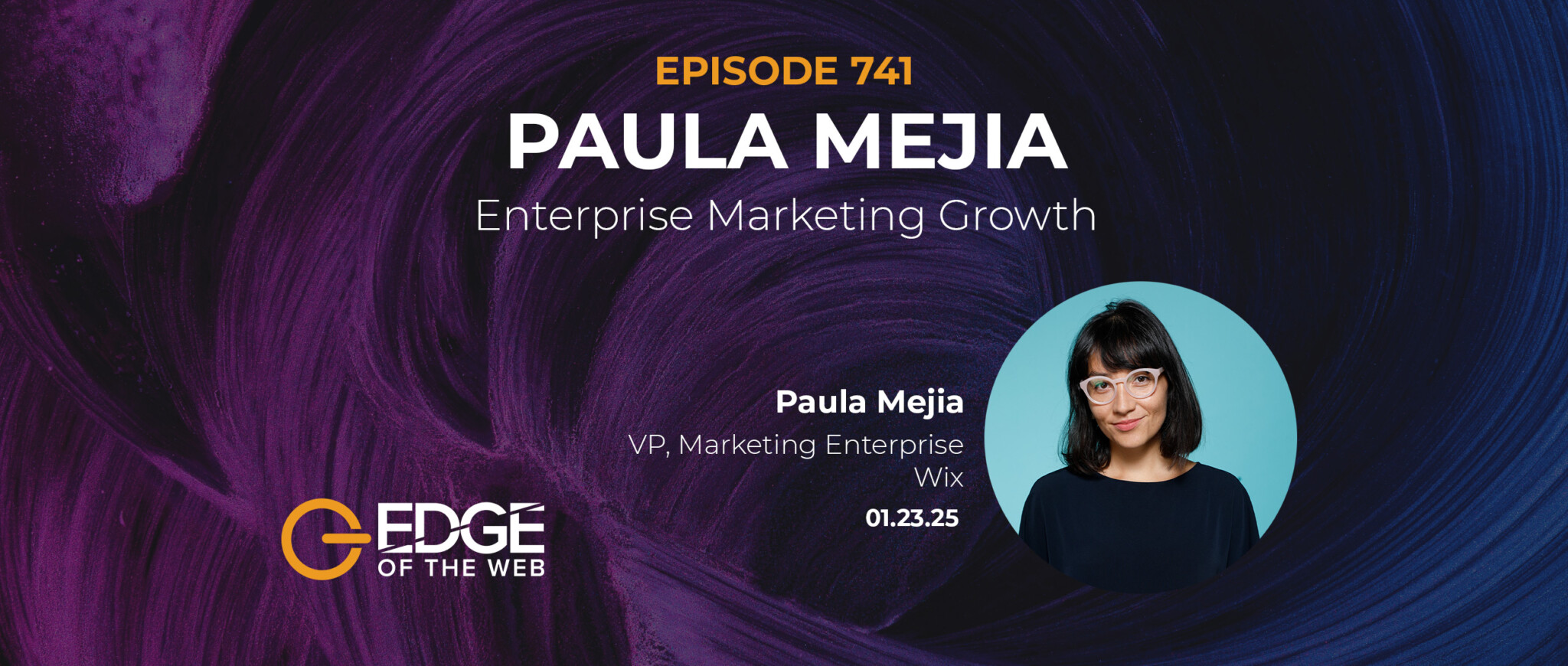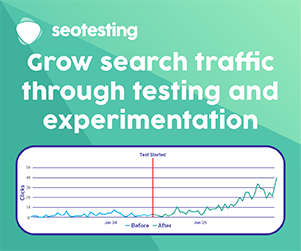When host Erin Sparks spoke with special guest Adam White, Founder and CEO of SEOJet (software for SEO link-building) for episode 330 of the award-winning EDGE of the Web podcast, they talked about the common mistakes people make when it comes to link-building. Here’s what we learned:
00:30:00
Common Mistakes to Avoid When Building Links

Here are some of the common mistakes Adam has seen over and over again when people are building links – and many related to the nuts and bolts of anchor text:
- Wasting Anchor Text. For local SEO, when someone wants to rate for “plumber Chicago,” they put the word “Chicago” in anchor text when they build links, but Google is smart enough to know your location without it being written anywhere. They can just look at the IP, so they always know where you’re at. You don’t need to tell them Chicago if someone’s searching and they’re in Chicago. That’s wasted, ineffective, and counterproductive anchor text real estate.
- Unnatural Anchor Text. Following the same example is that putting “Chicago” in the anchor text is also unnatural. Nobody would mention Chicago when speaking to someone about finding a plumber. It’s not how people talk, so it looks unnatural in the anchor text of links. “Plumber Chicago” just doesn’t come out naturally in any sentence. Keep city names out of anchor text! Google doesn’t need it in there and actually raises red flags to them.
- Bad Capitalization in Anchor Text. When you do weird things with capitalization, like failing to capitalize proper names, but also capitalizing things that don’t need to be capitalized – all of that makes anchor text seem unnatural, and therefore raises red flags. All caps is always bad!
- Poor page choices. You also have to pay attention to what pages you build links to. Is it a page people would actually want to visit? If it feels purely promotional, it’s not going look natural to Google.
- Short Blogs. There was a time when the way to get links was through short guest blog articles, like 500 words. Please note: The 500-word blog post is DEAD. Don’t do it. You can’t say anything of value in 500 words, and Google knows it. There are now 10 million 500-word blog articles out there and they’re literally worthless. If Google were smart it would put that in its algorithms and automatically discount any links to your site from 500-word blog posts. Aim for at least 750 words in those guest blogs.
- Field of Dreams. This is the myth of “if you build it, they will come.” It means thinking if you just write the best content ever, it will naturally be found and linked to. Not true! The internet is vast, and you have to actively build links to your content and actively promote it or it won’t do anything for you. The only way your content gets links “naturally” is when it ranks well on Google and people notice it! So you have to actively build links to get it high enough in the ranking that people then naturally link to it.
00:35:40
BERT and Link-Building
Google has made a major algorithm update that makes better use of natural language processing by paying attention to words it use to ignore in order to understand the context and intent of search users. It’s based on BERT – Bi-directional, Encoder Representations from Transformers. To what extent should SEOs be figuring out how to optimize content, links, and anchor text on this more natural language approach Google is taking?
Adam notes that what he has seen is that when it comes to link building, it’s now less about building links to specific pages and more about building brand authority through Google. Google loves big brands like Amazon and Wikipedia. If you look at the home page backlink profile on any of these big brands, what you’re going to find is the same thing: 95% of the links that point to them have either their brand name or their URL in the anchor text. And when you build that brand authority, that authority can get passed through to every page. If you set up the pages right and the site map and so on, that authority gets passed through to other pages you actually want to rank.
How this relates to the BERT update is again all about user experience. First you have to publish the right content users want. And then when you’ve published the content you have actively build those links because without links, good content is invisible. If all you do is build links, you’re missing the brand and content components. All of them are needed. And when you build links, make sure your natural anchor text has those transformative words that BERT will recognize in order to deliver relevant results to users.
Connect with Adam White and SEOJet
Website: https://seojet.net
Facebook: https://www.facebook.com/seojetdotnet/
Site Strategics and Your Digital Marketing ROI
When you want to find out how you’re really doing with ROI on your digital marketing efforts, EDGE sponsor Site Strategics can help with a Digital Marketing ROI Report that examines your existing SEO, content, social media, and PPC. Visit https://edgeofthewebradio.com/roi/ to get 30% off a comprehensive review of your digital assets!



